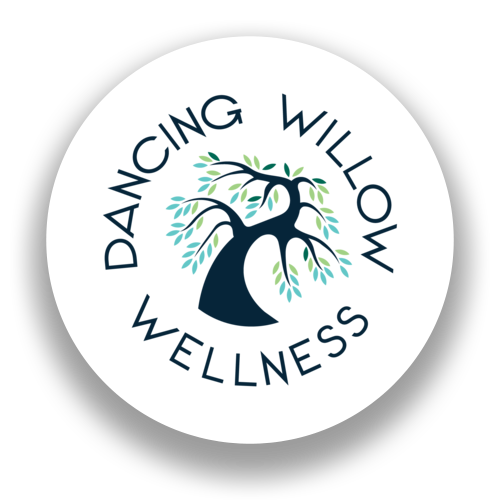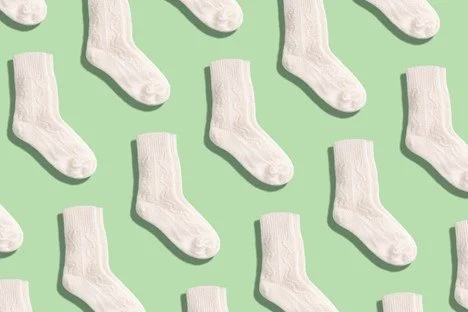Medical Foot Care for Seniors
When was the last time you really looked at your feet? Do you have a sore spot? Are there any signs of poor circulation that might need a doctor’s attention? Is that toenail cutting into your skin?
Our feet carry us thousands of miles over a lifetime, yet they’re often overlooked. We might wash them and trim our nails, but many of us don’t think about the medical side of foot care.
Let’s change that.
What is Medical Foot Care?
Medical foot care is a specialized nursing service that focuses on the health of your feet. It addresses concerns related to the skin, nails, circulation, and nerve function.
Unlike a cosmetic pedicure, which is typically performed by a nail technician, medical foot care is provided by trained healthcare professionals. A pedicure may include soaking your feet, cutting your nails, and applying nail polish, but it may miss underlying issues like infection, nerve damage, or poor circulation.
Who Provides Medical Foot Care?
Foot care nurses are Registered Nurses (RNs) or Registered Practical Nurses (RPNs) who have received additional training and certification in foot care. They are trained to assess, monitor, and manage a wide range of foot health conditions, especially in vulnerable populations.
Who Can Benefit from Foot Care Nursing?
Everyone can benefit from proactive foot care, but some individuals may need it more urgently:
People with diabetes: Nerve damage (neuropathy) can prevent you from feeling pain or injury in your feet. Small wounds can go unnoticed and develop into serious infections. Health care professionals can help you manage neuropathy symptoms but prevention is key here - controlling your blood sugar and checking it daily, along with regular check ups. Regular foot care can help detect and prevent complications early on before they become serious.
Individuals with poor circulation: Reduced blood flow can slow healing, so a minor injury can turn into a major injury or infection or even amputation in some cases. Catch that small cut before it turns into a major issue.
Those with limited mobility: People who are bed-bound, use wheelchairs or walkers, or have difficulty reaching their feet may struggle with basic foot hygiene.
Individuals with certain medical conditions: Conditions like dementia, arthritis, or Parkinson’s disease can interfere with safe foot care.
Anyone who struggles with nail care: Thick or hard-to-reach toenails can be difficult to manage on your own.
What Does a Foot Care Nurse Do?
A foot care nurse offers a wide range of services, including:
Nursing assessment: A full evaluation of your feet, including visual inspection, circulation (vascular), and nerve (neurological) checks.
Callus and corn removal: Thickened areas of skin can cause pain, and can alter your gait as you may change how you walk to avoid pain. This can put additional stress and strain on your ankles, knees, hips and back. With diabetic patients, a callus can open up and develop into an ulcer, when ulcer does not heal then it can become infected and lead to complications which may lead to amputation.
Treatment of cracked heels (heel fissures): Mild cracks are mostly cosmetic, but deep fissures can be painful, bleed, and may become infected. In severe cases, it can lead to chronic foot wounds for people with diabetes, and a weakened immune system.
Management of thickened or painful toenails: These can cause discomfort and are difficult to trim without professional tools. If injured, they may cause nail separation or infection. Foot care nurses can help you reduce those thick nails.
Non-surgical care for ingrown toenails: These occur when the edge of the nail grows into the surrounding skin, causing pain, swelling, and inflammation to the surrounding toe. Nurses can gently treat the area to prevent further irritation.
Care for fungal toenail infections: Fungal infections are very common and nails may appear yellow, thickened, or brittle. A foot care nurse can trim the affected nail and apply specialized treatments.
Pain assessment and management: If you’re experiencing discomfort, a nurse can help identify the cause and recommend solutions.
What Can You Do at Home?
Good foot care starts with everyday habits:
Wash your feet daily and dry thoroughly, especially between the toes.
Trim your toenails straight across, and file any rough edges.
Check your feet every day for redness, cuts, swelling, or sores.
Wear clean, white socks and change them daily.
Never go barefoot, even indoors.
Don’t share foot care tools.
Consider seeing a foot care nurse regularly.
Let’s work together to keep your feet healthy!
Ziyan



